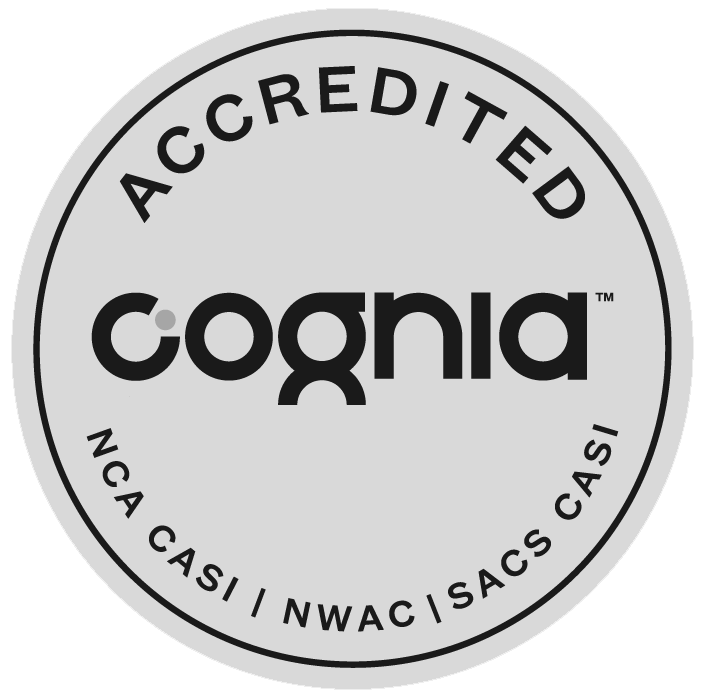Choosing the right international school for your child is a crucial decision that can greatly impact their education and overall development. With an array of options available, it's important to consider various factors to ensure you make an informed choice. This article will provide you with valuable insights and tips to help you navigate the process of selecting the perfect international school for your child.
Research and Define Your Requirements:
Before beginning your search, take the time to research and define your requirements. Consider factors such as the curriculum, language of instruction, location, extracurricular activities, school size, facilities, and educational philosophy. By clarifying your expectations, you can narrow down your options and focus on schools that align with your child's needs and preferences.
Accreditation and Quality Assurance:
Ensure that the international school you choospe is accredited by recognized educational authorities. Accreditation ensures that the school meets certain quality standards and follows a prescribed curriculum. Additionally, look for schools that undergo regular external audits or quality assurance assessments to ensure a high standard of education.
Curriculum and Teaching Methodologies:
Consider the curriculum offered by the school and assess its compatibility with your child's educational goals. Some international schools may offer the International Baccalaureate (IB) curriculum, while others may follow a national curriculum or a combination of both. Research the teaching methodologies employed by the school, such as inquiry-based learning, project-based learning, or a more traditional approach, to determine which aligns best with your child's learning style.
Faculty Qualifications and Experience:
The qualifications and experience of the teaching staff play a vital role in providing a quality education. Look for schools that employ well-qualified, experienced, and certified teachers who have expertise in their respective fields. Additionally, consider the teacher-to-student ratio, as a lower ratio allows for more individualized attention and support.
Facilities and Resources:
Visit the school and assess its facilities and resources. Look for a well-maintained campus with adequate infrastructure, including classrooms, libraries, laboratories, sports facilities, and technology resources. A school that invests in modern resources and technology can enhance your child's learning experience and prepare them for the digital age.
Extracurricular Activities and Support Services:
Consider the range of extracurricular activities offered by the school. These activities can help your child develop their interests, talents, and social skills outside of the academic realm. Additionally, inquire about support services available, such as counseling, language support, special educational needs provisions, and college counseling for older students.
Community and Cultural Integration:
An international school should foster a supportive and inclusive community that embraces cultural diversity. Consider the school's efforts to promote cultural integration, organize multicultural events, and provide opportunities for students to learn about different cultures. A diverse community can enrich your child's educational experience and help them develop a global perspective.
Parental Involvement and Communication:
Evaluate the school's approach to parental involvement and communication. Look for regular channels of communication between parents and teachers, parent-teacher meetings, and opportunities for parental engagement. A school that values parent involvement fosters a collaborative environment that benefits your child's education.
Conclusion:
Choosing the right international school for your child requires careful consideration of various factors, ranging from the curriculum and teaching methodologies to faculty qualifications, facilities, and community integration. By conducting thorough research, visiting schools, and asking relevant questions, you can make an informed decision that will provide your child with a supportive and enriching educational experience in an international setting. Remember, the perfect international school is one that aligns with your child's needs, values, and educational goals.

 Arabic
Arabic

 تواصل معنا عبر الواتساب للرد السريع
تواصل معنا عبر الواتساب للرد السريع




